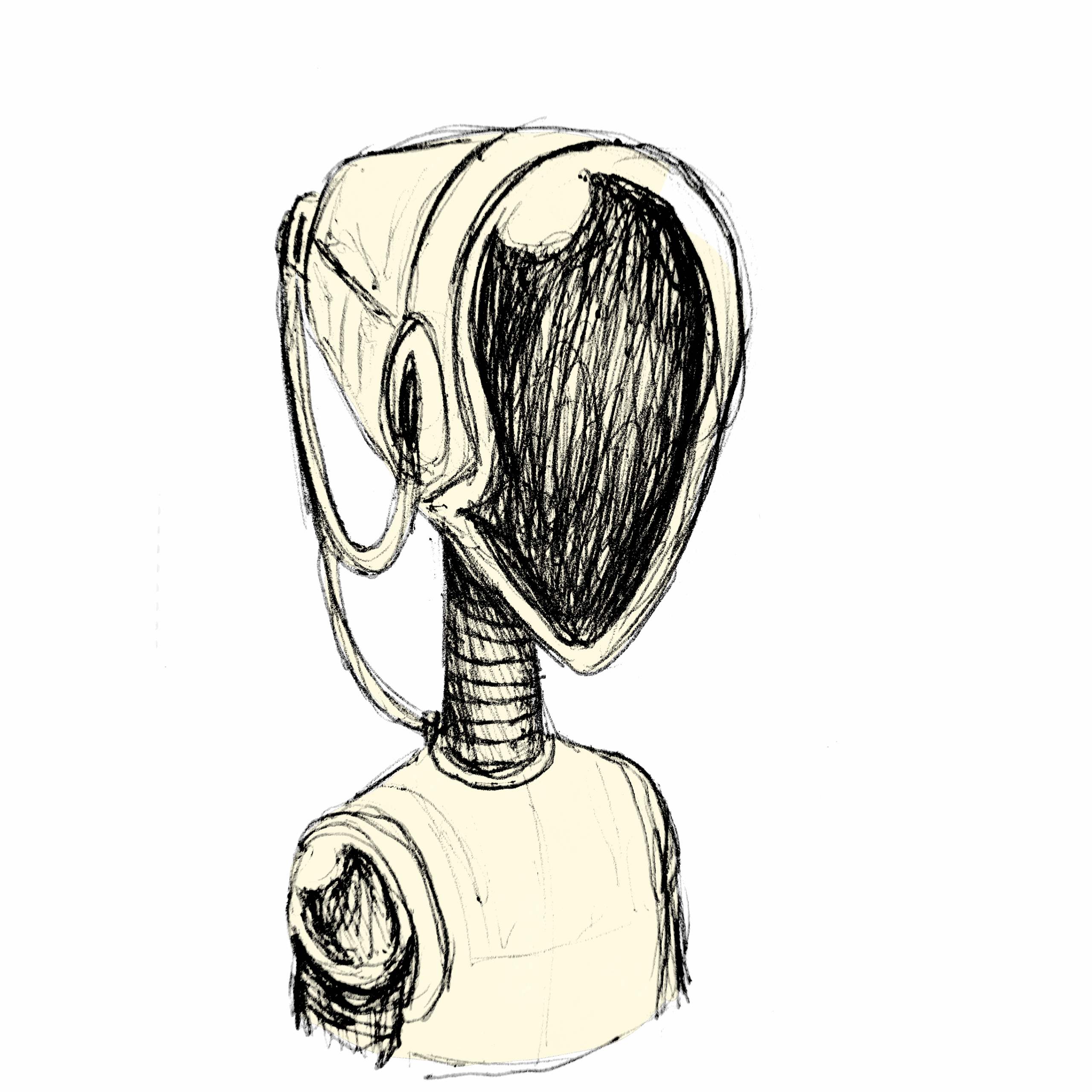Will jobs be replaced by artificial intelligence?
By Michael C. Sherman
With the rise in popularity of artificial intelligence (AI), the fear that this new technology will replace jobs has sparked a discussion about job security. Similar to when computers were first made commercially available, the internet became a standard, and robotic technologies were introduced — today, some jobs are at risk of being replaced by AI technology.
Speaking with faculty members from multiple departments at Lane Community College (LCC) and an analyst from the State of Oregon’s Employment Department, a similar sentiment is echoed: while many jobs will be impacted and specific tasks eliminated, for now AI technology will be used in a supporting role, rather than as a replacement for people altogether.
The jobs that are most secure from AI require hands-on interaction. Faculty from vocational programs offered at LCC, in fields such as diesel technology, manufacturing and construction, expressed that employment demand for people is growing faster than students enrolling in their programs. Instructors from each of these departments project that AI will not replace people in these fields without huge advancements in robotic technology. While they agreed AI will be involved in the future of these industries, it will be just another tool in their belt.
Other career paths outside of the trades that are unlikely to see a reduction in the workforce include careers that necessitate one-on-one interactions. Many roles within health care, such as nurses or EMTs, are unlikely to be replaced. Fields that have a high level of security are people working in social services. These are the types of positions that need people to be present, both physically and empathetically.
Erin McGladrey, with LCC’s Social Sciences, Social Services and Education career community spoke about how they train people to work with: “Major social conditions like housing, food insecurity, racism/homophia and other forms of oppression, substance abuse, domestic violence, child abuse, mental health, crisis intervention, youth empowerment, refugees and immigrant support, etc. This is in-person, one-on-one or group work — not much AI.”
Henry Fields, an analyst for Oregon’s Employment Department for Lane and Douglas counties, said, “When I’m helping advise people who are in high school or college, who are trying to think about what comes next, there are certainly things that are markedly in decline that are associated with technology.” Fields continued, “The demand for people that have problem solving and analysis skills is consistent, economy wide. Communication and teamwork, these sort of human-oriented skills, that whatever passion or industry they find themselves in, will always be needed. Developing those skill sets, alongside that content knowledge is crucial, as well as a familiarity and comfort with emerging technologies.”
When considering whether a career path is secure from artificial intelligence and mechanization, it is important to consider several factors, such as: whether the position requires complex, non-repetitive movements, if the industry is able to afford a costly new technology, and most importantly, whether it is a job that requires a high degree of human interaction. The consensus in all fields from industrial trades to business professionals, is that AI will change the landscape of every industry and the skills associated with them but there will always be a need for people with in-depth expertise that can learn and utilize AI as it develops.



